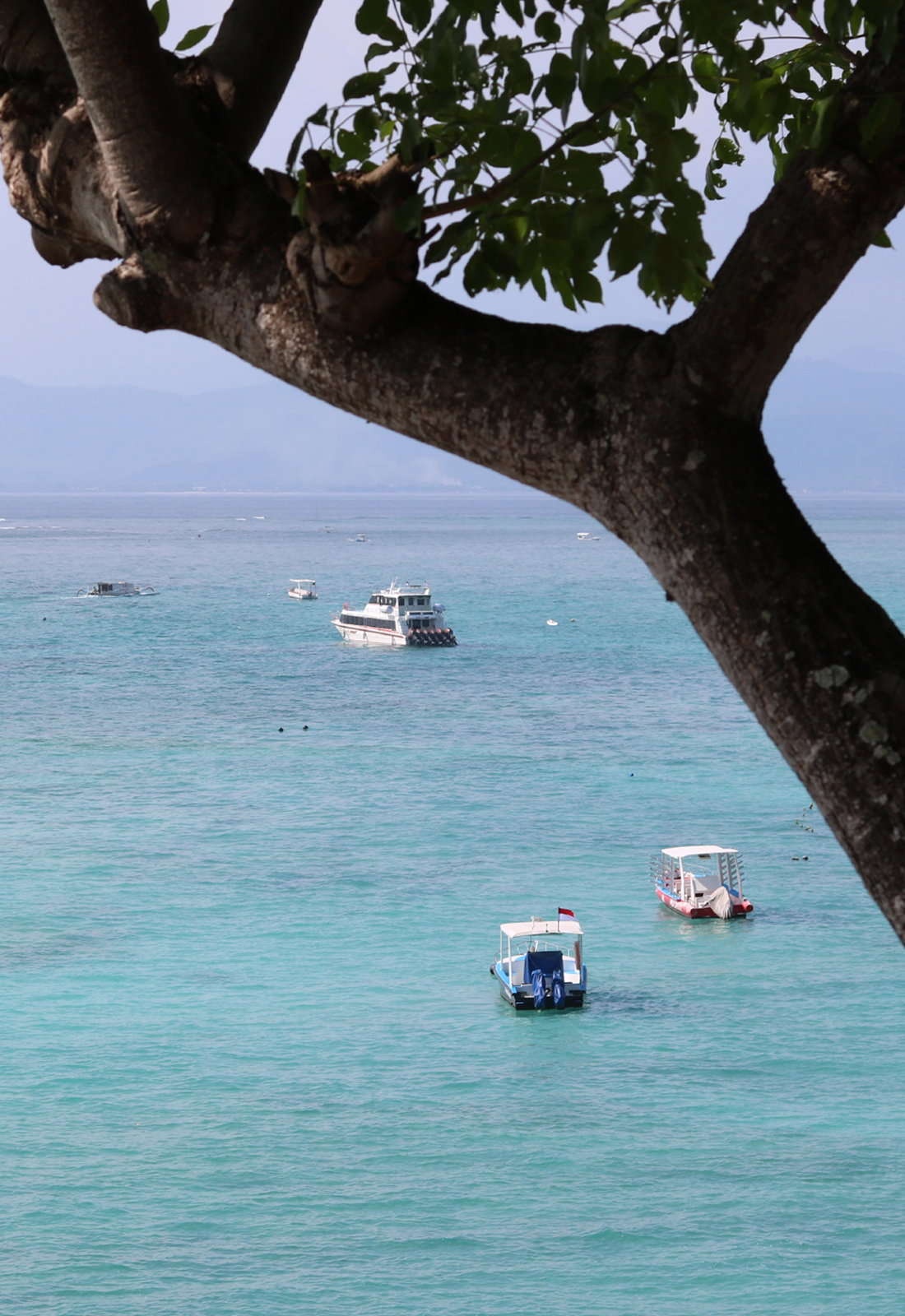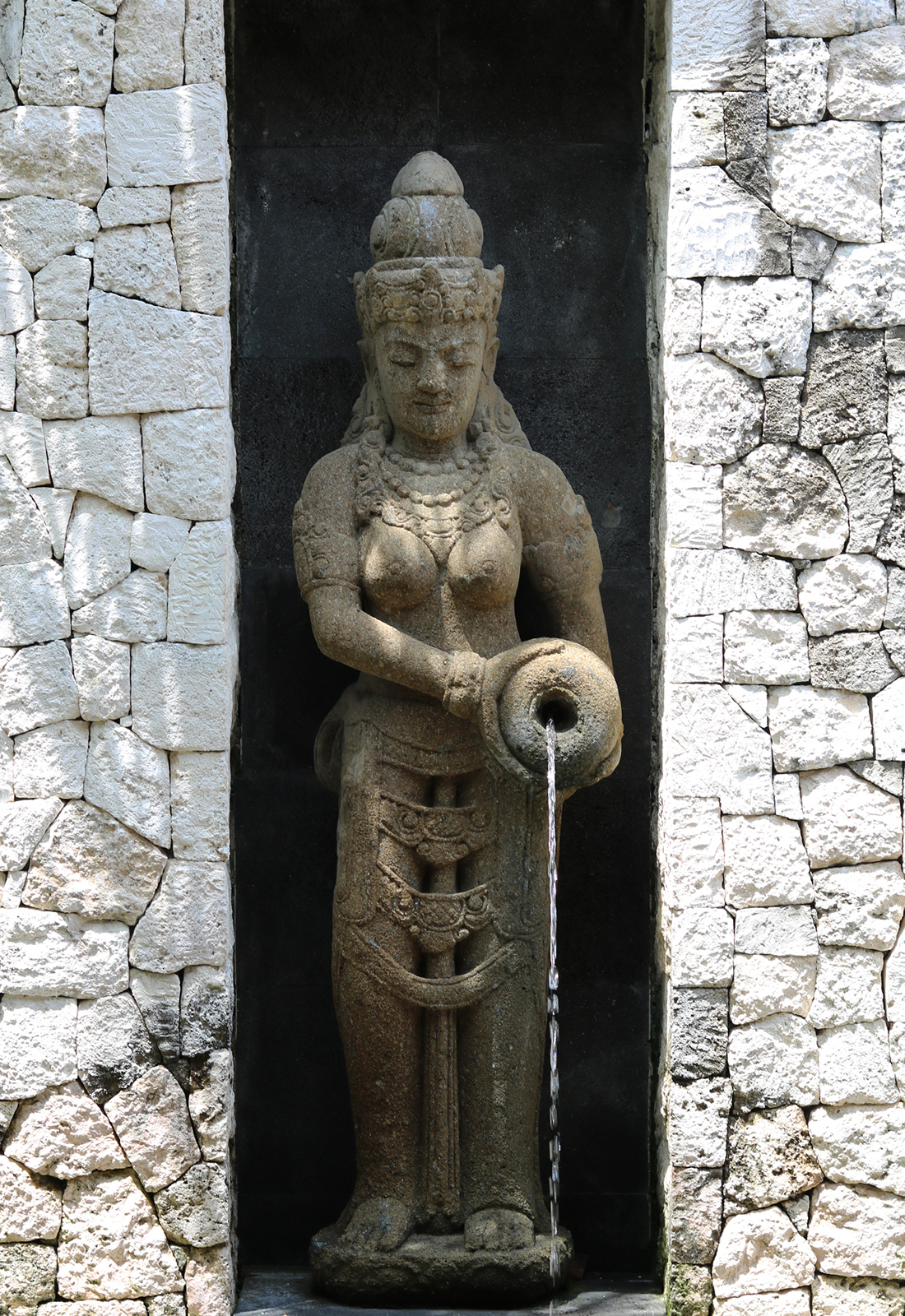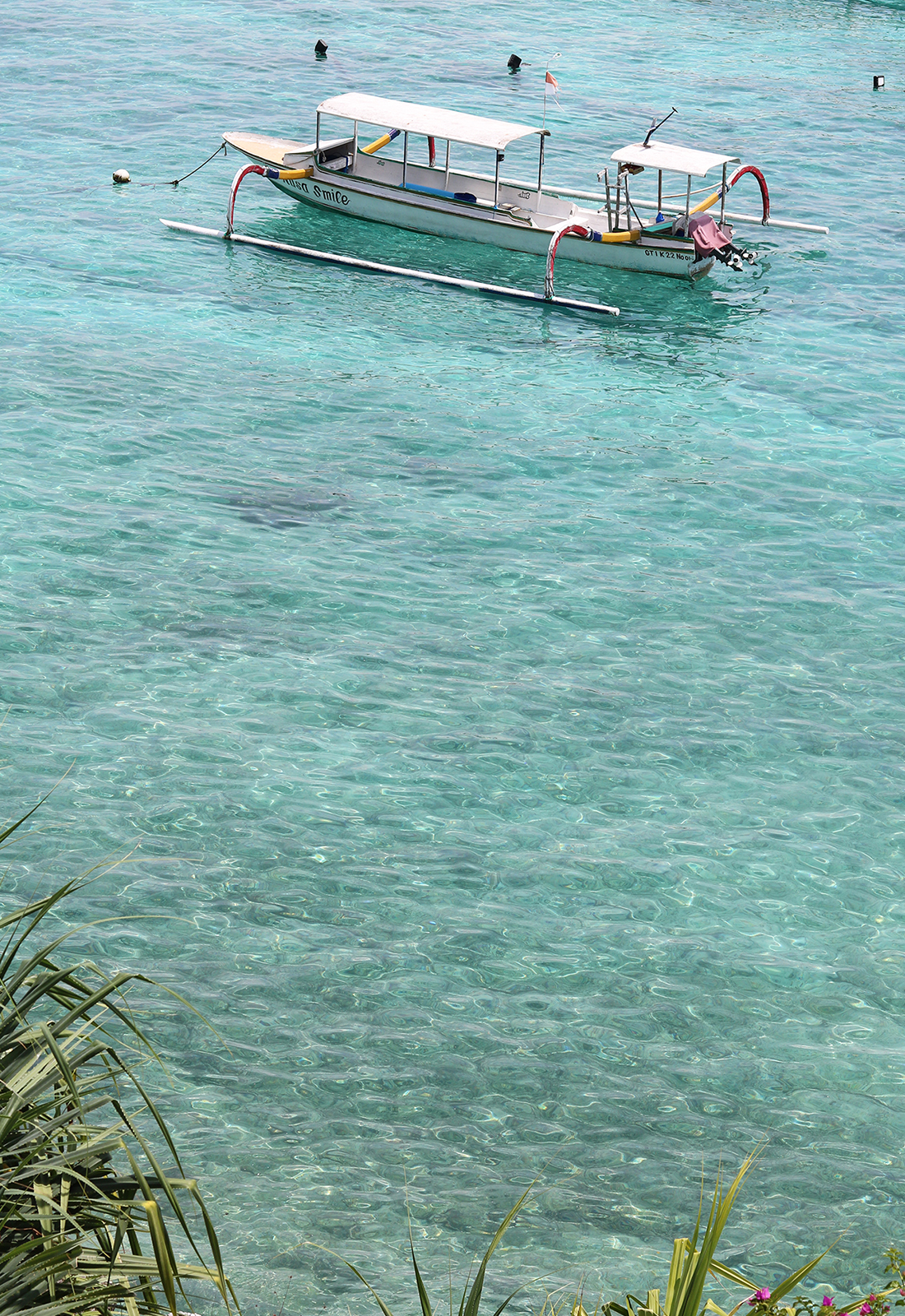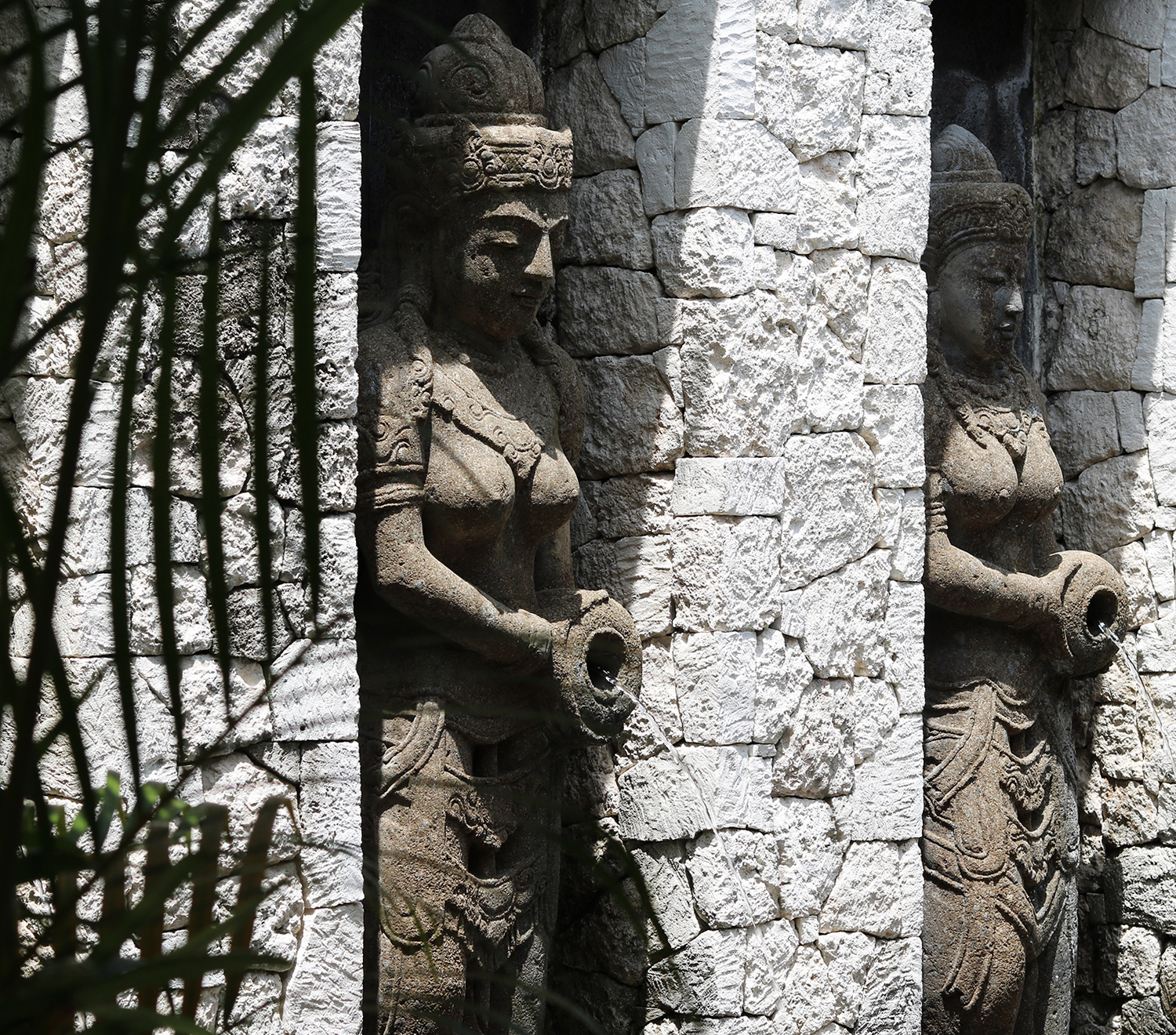
THE PUNCH INTERVIEWS
Meet Scott, founder of Desa Hay
At Desa Hay, conscious travel and sustainable luxury are the leading ideas behind every experience. A circular infrastructure and eco-design have been created across the property, local fresh ingredients are sourced for the private restaurant ‘Ijo’ and recyclable / reusable quality amenities are available in the villas.
What is your story?
My name is Scott, my family and myself were from Canada. We just live around Toronto.
About eight years ago, me and my son Josh, who’s a partner of Desa Hay were traveling around the world. He had been backpacking across Java and he came to Bali. He just fell in love with it and bought a place here. And so we came to Bali, we brought the whole family for a month, and at the end of the month, we decided to build a resort here.
Our basic idea was we want to leave Bali better than we found it. So whatever we did, that was a criteria. So that’s where a lot of the sustainability part of Desa Hay comes into place. As we were considering everything when it came to the environment, the people, everything.
We wanted to create a really fantastic sort of Indonesian Balinese type property with the architecture. And Josh was traveling, had come across North Sumatra and saw these beautiful architecture we use for our rooms. And then we have the main “joglo” in here now with Javanese style architecture. So we really wanted to make sure that was part of it.
Why was it important for you to design and develop a sustainable hotel in Bali?
As I was saying before, our prime objective was to leave Bali better than we found it. Sustainability is really how you do that. It was really quite a learning journey because we really had no experience in hospitality or building hotels or even as much as sustainability. So literally, we have hundreds and hundreds of hours of research looking at water, looking at solar, looking at community, looking at all these things.
Other hotels in Bali were extremely helpful. We spent some time with Potato Head, and they were fantastic in sort of steering us in the right direction, helping us find some suppliers. And so that was fantastic because it was nice when the community all helps.
We work to put in our whole driveway is lined with solar electricity. We have solar hot water. We treat all the water in our resort so all goes through water purification so that everything is drinkable out of the taps. We have no single-use plastics in the resort. Anything that we do need to recycle, we use Eco Bali for that. We use Urban Compost for all of our compost. We use a company that we give our used oil to that makes it into biodiesel. So that’s sort of more on the environmental side.
One thing we do that I think is really helpful is we submeter everything in the resort so each of the pools has a meter on it. We’re doing a little bit more with submetering electricity and it helps us to measure the individual parts of the resort. We also work with IDEP and Bali Water Protection to put in recharge wells. So we measure all the water we take out so that we can put it back into the system using recharge wells.
And then also on kind of the community side of it, we set up what we call the Desa Hay Scholarship Fund. So we work with Chloe House, which is an orphanage.



Can you tell us more about Desa Hay Scholarship?
We became aware of an orphanage that was near Desa Hay and so we went and we talked to the person who runs it, Victor, great guy, and we asked him, “So what the biggest need was for the kids?” And he said the most important thing was that the children get an education.
So we set up what we call the Desa Hay Scholarship Fund. We pay for all of the kids in orphanage to go to school. So we pay all their books and tuition. Right now, it’s about 18 kids. And then also that’s something that we offer to our employee’s children as well, because, education is so important. Every once in a while, we have the kids over to Desa Hay, and we fill the pool with big pool toys, and it’s a great time.
What are the challenges of being sustainable hotel?
The challenges for being a sustainable hotel is not about what we’ve done but what more we can do.
Part of that is measuring. When I was talking earlier about the sub-metering of everything and we actually weigh every kilogram of garbage that goes out of Desa Hay so I can tell you exactly how many kilograms of each category of waste that have gone out of here.
Once again, you can’t change what you don’t measure and if you are measuring it then you can set a benchmark and try to improve on that.
Another thing is just how we communicate this to our employees and to our community. We do all the recycling within Desa Hay but we need to sort of try to extend that out to our employees. So whether that’s getting them to bring all their recycleables to Desa Hay so that we can send it through Eco Bali, just trying to make them more and more aware of that.

What are you looking forward to in the future?
I would just love to see our employees completely engaged in taking this out to their villages and to the people they know to try to sort of bring the idea of sustainability to the furthest reaches of Bali.

